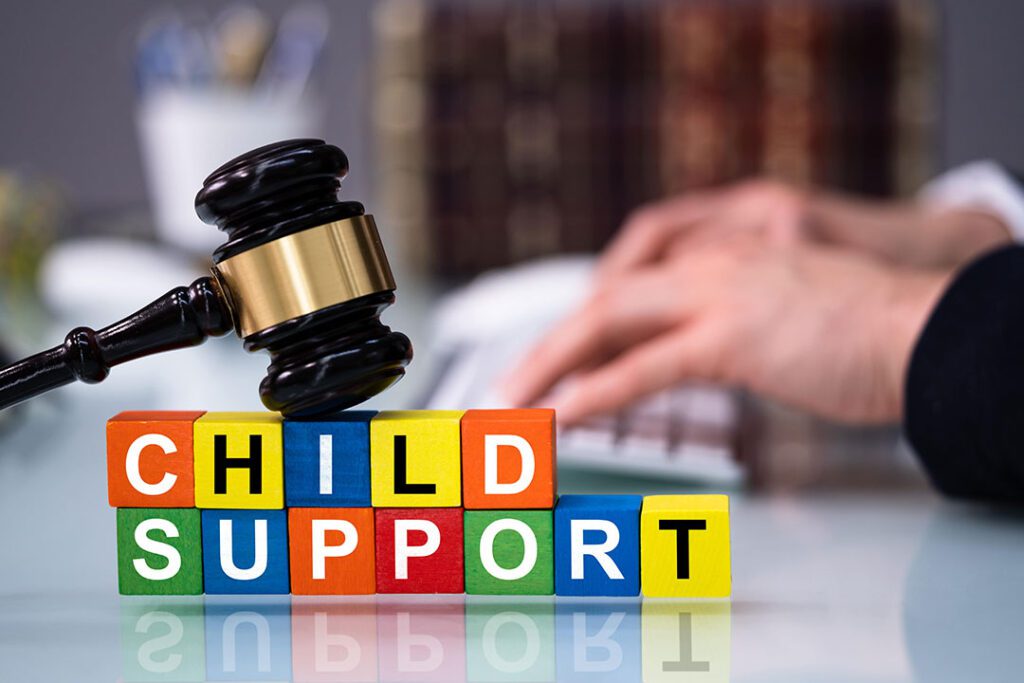When dealing with a divorce, custody arrangements or property settlements, we know that navigating the Family Court of Western Australia can be a daunting experience. So, in the following informative guide, we’ll provide insights on what’s involved and how to prepare for each stage, from your first hearing to the final judgement.
For help and advice, simply contact us for a free consultation. Alternatively, read on for more assistance.
Understanding the Role of the Family Court of Western Australia
The Family Court of Western Australia is responsible for resolving family disputes that cannot be settled privately, whether they involve children, property or divorce. It exists to deliver fair, legally binding resolutions and prioritises the best interests of children in custody matters and fair division in property settlements.
Firstly, let’s look at the key types of cases, as this will help you understand the Family Court rules that apply to your situation:
Key Types of Cases: Parenting and Financial Matters
Family Court of Western Australia cases are generally divided into two main areas: parenting matters and financial matters:
Parenting matters deal with custody, visitation and overall arrangements for the care of children.
Financial matters address property settlements and spousal maintenance. The Family Court rules for each type of case, ensuring that both are handled in a structured manner to achieve fair outcomes.
Now let’s look at who can appear in the Family Court.
Who Can Appear in Family Court?
The Family Court in Western Australia is open to spouses, de facto partners, grandparents and in some instances, others with a significant relationship to the child. Each case is unique and understanding who can represent or apply for orders is essential to initiating a case effectively.
The Importance of Legal Guidance
Family Court rules are designed to bring clarity and structure, but they can be complex for individuals unfamiliar with the legal system. Having experienced legal support is invaluable. It ensures you understand your rights and responsibilities to help you achieve the best possible outcome.
Here at Genuine Legal WA, we provide a caring, straightforward approach to guiding you through each step.
Preparing for Your First Family Court Hearing
The initial stages of Family Court can feel overwhelming, but preparation is key to handling your first hearing confidently. This phase, known as the “first return date” – or initial hearing – serves as a platform for us to lay out the primary details of your case.
The First Return Date (or Initial Hearing)
The initial hearing typically involves a judge or registrar reviewing your application and any response from the other party. They will evaluate the issues and the current stage of dispute resolution, determining whether interim orders are needed.
What to Expect: Procedure and Common Outcomes
During the initial hearing, you will be informed of the court’s expectations, including any requirements for mediation or dispute resolution. If interim decisions are needed (for example, temporary custody arrangements), they are often addressed at this stage. In many cases, this hearing acts as a launch point for more detailed examinations of the issues.
What You Should Bring to Court
It’s important to arrive prepared with all necessary documentation, including affidavits, financial statements and any other relevant information. Proper documentation allows the court to understand your situation and helps ensure a smoother hearing. Read our guide on preparing for your initial consultation for more insight.
Navigating Family Court Events
As your case progresses, the Family Court of Western Australia will require specific events and conferences tailored to resolve the issues at hand, whether they relate to parenting or financial matters.
Parenting: Case Assessment Conference (CAC)
In cases involving children, the Case Assessment Conference is often the next step. This conference enables both parties to discuss the case with a court-appointed family consultant, who will make recommendations regarding parenting arrangements.
Parenting: Dispute Resolution Conference (DR Conference)
A Dispute Resolution Conference is scheduled for unresolved parenting issues to find an amicable arrangement. The Family Court rules encourage alternative dispute resolution wherever possible to minimise stress for all parties, especially children.
Property: Conciliation Conference
Financial matters generally move forward with a Conciliation Conference, where the court helps both parties explore settlement options. This is an opportunity to address financial disputes in a structured and confidential setting.
Pre-Trial Conferences and Readiness Hearing
If matters are still unresolved, the case progresses to pre-trial conferences and readiness hearings. These steps are designed to confirm that all evidence and documents are in order and that both parties are prepared for the final hearing.
Final Order Hearings: How Are Final Decisions Made?
At the Final Order Hearing, the judge reviews all evidence, testimony and legal arguments before making a decision. This stage is often emotional, but clear preparation and thorough presentation of your case can help the court make an informed and fair judgment.
Navigating Family Court Outcomes
Once the final judgement is made, there are important steps to understand regarding compliance, potential appeals and what life looks like post-decision.
What Happens After the Final Judgement?
After the final decision is made, both parties are required to follow the court’s orders. This could involve making adjustments to living arrangements, custody schedules or finances.
It’s essential to understand the Family Court rules surrounding these orders, as failure to comply can lead to further legal action.
Appealing a Family Court Decision
If you believe there has been a miscarriage of justice or if new evidence has come to light, you may have grounds to appeal the decision. Appeals must be lodged promptly and must present strong reasons for reconsideration.
Complying with Family Court Orders
The Family Court WA enforces strict compliance with its orders. If either party fails to uphold their obligations, the court can impose penalties or enforce alternative arrangements.
How Genuine Legal WA Can Support You Through the Family Court Process
The complexities of Family Court rules in Western Australia highlight the value of knowledgeable, compassionate legal support. At Genuine Legal WA, we are here to provide guidance, support and representation tailored to your specific case.
Tailored Legal Advice and Representation
The Genuine Legal WA team offers bespoke legal advice, ensuring that every aspect of your situation is understood. We take the time to assess your needs and goals, guiding you with a compassionate, clear approach throughout the entire Family Court process.
Transparent Pricing and Free Initial Consultations
Understanding legal costs is a significant concern. Genuine Legal WA prides itself on transparency in pricing. We offer free initial consultations to help you understand your case’s potential path and the costs involved.
Achieve the Best Outcome in Family Court with Genuine Legal WA
With our help, facing the Family Court of Western Australia doesn’t have to be overwhelming. With the right information, preparation and support, you can navigate the Family Court rules confidently and focus on building a stable future.
The team at Genuine Legal WA is ready to provide guidance every step of the way in the Family Court Western Australia.
Schedule a free consultation with Genuine Legal WA today, and let us help you achieve the best possible outcome in Family Court.



